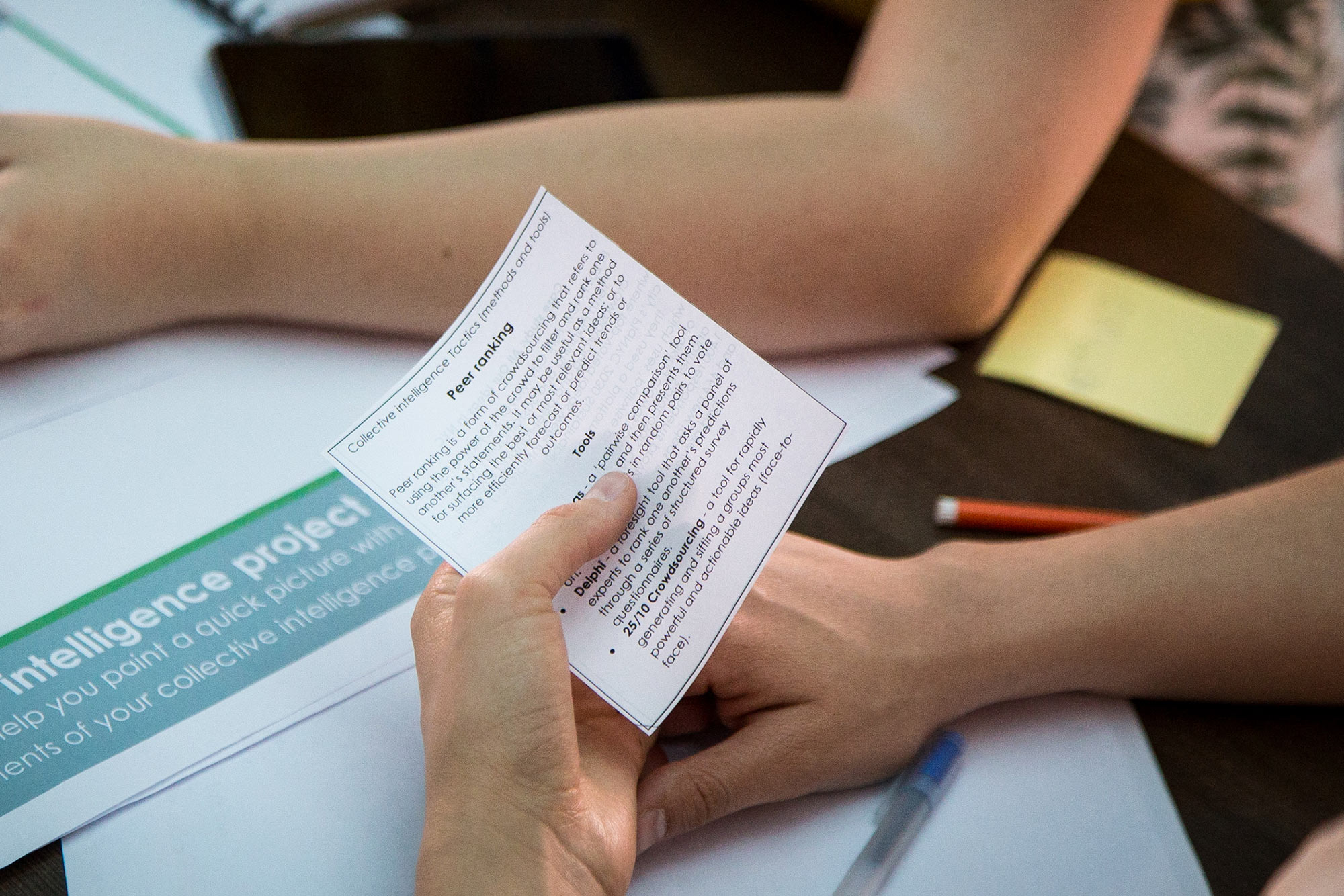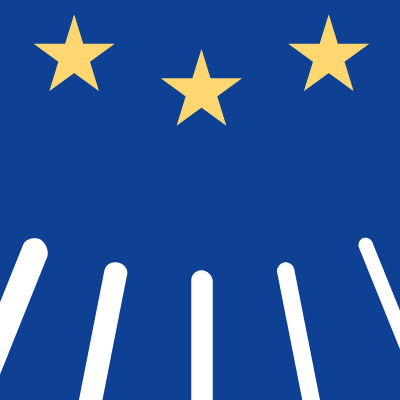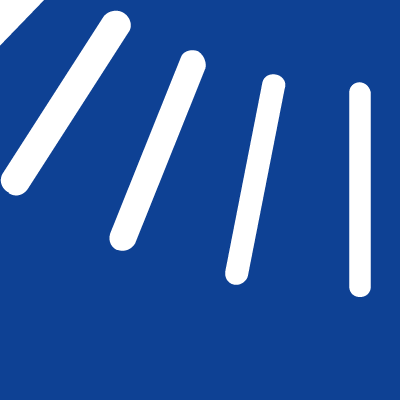

Photo: UNDP Accelerator Lab
Rules and Rights
Documentation and promotion of the European Union Prize for Citizen Science Competition and the Results thereof: The organizer Ars Electronica Linz GmbH & Co KG, the European Commission, the IMPETUS consortium partners Zabala, Science for Change, T6 Ecosystems, EUSEA, NESTA and King’s College London (hereinafter referred to as IMPETUS Consortium Members) as partners of the European Union Prize for Citizen Science wish to make the results of the competition accessible to the public (publications as hard copy and in electronic or digital format, publication on the internet, including on the European Union website, as a downloadable or non-downloadable file, broadcasting any kind of technique of transmission, public display or presentation, communication through press information services, inclusion in widely accessible databases or indexes). The European Union is also permitted to use the results of the action for its own purposes, and in particular, making available to persons working for the Commission, other Union institutions, agencies and bodies and to member states’ institutions, as well as copying and reproducing in whole or in part and in an unlimited number of copies. All documentation and promotion material will be used in connection with the European Union Prize for Citizen Science only. To achieve this end, a public relations campaign aimed at particular media outlets (press, radio, TV and Internet) will be conducted.
The initiatives selected for recognition by the jury will be documented (in whole or in part) in the following media with a clear reference to the European Union Prize for Citizen Science:
- Ars Electronica website (ars.electronica.art) and Ars Electronica archive (archive.aec.at)
- Ars Electronica Festival catalog and other brochures
- Homepage, media and storage of the European Union, Commission and other Union institutions, agencies and bodies to Member States’ institutions
- Initiative website (IMPETUS)
- Homepage and media of all IMPETUS consortium members
- Storage media incl. cloud services
- Social media platforms
If the submitted initiative is selected and honored by the jury, the applicant commits to present it at the Ars Electronica Festival (with one representative of the initiative being physically present; travel and accommodation costs for this person will be covered). The applicant will prepare text and material accordingly, applicants are respectfully requested to prepare graphics and texts meticulously and to submit them in the best possible quality.
Due to technical and organizational constraints Ars Electronica, the European Union and the IMPETUS consortium members reserve the right to determine the actual extent, timing and layout/editing of the above-mentioned publications and documentaries. No duty on the part of Ars Electronica, the European Commission, and all IMPETUS consortium members to make publications and/or documentaries can be imputed.
Ars Electronica as well as the European Union have an online/paper—archive/storage. Ars Electronica uses their online archive to collect digital media arts. Therefore, Ars Electronica intends to make the European Union Prize for Citizen Science accessible to interested members of the public both on site and on the Internet. To this end, Ars Electronica has a non-exclusive, irrevocable, royalty-free, objective right, irrespective of time and place, to publish the submitted material in the online-archive as well as to present the submitted material at the exhibitions of Ars Electronica and the initiative partners. Personal data may be stored for longer periods insofar as the personal data will be processed solely for archiving purposes in the public interest, scientific or historical research purposes or statistical purposes. Ars Electronica will use the material only in connection with the European Union Prize for Citizen Science.
Entrants consent to the submitted material, in whole or in part, being used, stored on a data-storage medium, and/or made public on the Internet or via any other digital medium by Ars Electronica, the European Union, and all IMPETUS consortium members for purposes of public relations, advertising and promotion, documentation, archiving or scientific research in connection with the European Union Prize for Citizen Science. In using such works, Ars Electronica, the European Union, and all IMPETUS consortium members will accord all due consideration to the legitimate interests of the applicant but assume no statutory duty in this connection. The rights conveyed to Ars Electronica, the European Union, and all IMPETUS consortium members are unlimited with respect to their subject matter, their time-frame and their geographical location, but are limited to the purpose of the conveyance of rights.
The participant grants Ars Electronica the right to pass on his/her/their work to third parties for research and/or study or teaching purposes.
Ars Electronica is authorised to make the work available to the public (including institutions, universities, schools, companies, etc.) as part of the “Kulturpool” project. This is a joint portal for the aggregation and publication of digital copies of cultural assets in Austrian cultural institutions of the Federal Ministry of Arts, Culture, Civil Service and Sport. The Natural History Museum Vienna is currently entrusted with the operation of the cultural portal. In this context, the participant authorises Ars Electronica to grant the Republic of Austria, represented by the Federal Ministry of Arts, Culture, the Civil Service and Sport, a full, i.e. unrestricted (in terms of location, time, etc.), but non-exclusive, licence to use the data provided, covering all exploitation rights.
Ars Electronica is authorised to make the work available to the public (including institutions, universities, schools, companies, etc.) as part of the “Europeana” project to facilitate the use of cultural heritage for educational, research, creative and leisure purposes. Further information about Europeana can be found here. To achieve the purpose, the participant will provide the work with the appropriate Creative Commons licences. If this has not been done at the time of submission, Ars Electronica is entitled to cite the relevant Creative Commons licences and grant the necessary rights of use. Ars Electronica is not authorised to grant exclusive and/or commercial rights of use; there are no other restrictions.
Ars Electronica is authorised to make the work available to other archives, databases and/or portals. This may be done directly by passing on the documentation on the work or indirectly by linking the Ars Electronica archive directly to one or more archives, one or more databases and/or one or more portals of third parties.
It is clarified that Ars Electronica is under no obligation to prevent the work from being used by third-party AI systems. Should the participant not wish such use, it is the sole responsibility of the participant to take appropriate (technical) precautions. The use of documentation materials about the work by AI systems cannot be prevented.
Ars Electronica is authorised to use the work itself for AI systems if necessary. This also includes documentation.
Ars Electronica is authorised to use AI systems for translations and/or summaries of the participant and/or the work.
The applicants assign Ars Electronica, the European Union and the IMPETUS consortium members the non-exclusive, factually, temporally and spatially unrestricted right to use the submitted works on existing and future video-streaming platforms (such as YouTube or Flickr) in connection with the European Union Prize for Citizen Science and in exhibitions relating to the European Union Prize for Citizen Science. No publication requirement by Ars Electronica, the European Union, and all IMPETUS consortium members on video-streaming platforms is imputed.
By submitting an application to the European Union Prize for Citizen Science, the applicant declares that they are legally authorized to convey such rights to the extent stipulated above, that they have obtained any and all necessary consent from collaborators and third parties as called for by regulations governing copyright, personal property rights or other such legal provisions, and that they are prepared to provide proof of such at any time if requested by Ars Electronica.
By submitting an application to the European Union Prize for Citizen Science, the applicant will not take any action (especially the conveyance of rights to third parties) which is likely to affect the rights granted to Ars Electronica and the European Union.
This agreement setting out the terms of participation in the European Union Prize for Citizen Science is governed by Austrian law with the exception of the United Nations Convention on Contracts for the International Sale of Goods and all norms serving as legal reference. The place of jurisdiction is Linz.
By submitting an application to the European Union Prize for Citizen Science, the applicant expressly agrees that their contact details (name, address, if known, e-mail, telephone number or other contact details provided by the applicant in the context of participation or subsequently in the context of the European Union Prize for Citizen Science) may also be processed by the IMPETUS consortium members for the purpose of providing information on IMPETUS activities independently of the European Union Prize for Citizen Science and agrees to be contacted.
Data protection queries can be sent to: dsk@ars.electronica.art
Payment
Payment: The winning initiative(s) will receive prize money of €60,000 for the Grand Prize, and respectively €20,000 for the category awards. This amount is to be paid by direct bank deposit, after the Festival Ars Electronica 2023 and upon presentation of an invoice stating “Prize Money European Union Prize for Citizen Science 2023”. This is the only method by which Ars Electronica can transfer funds. The prize money can be paid as a net amount only if, approximately one week prior to the exhibition, Ars Electronica is provided with the original signed form ZS-QU1 (ZS-QU2 for legal entities); officially confirmed from the foreign tax authorities. Without this confirmation, Ars Electronica will be unable to pay the fee as a net amount and under international tax laws will have to retain 20% withholding tax (subject to any change in the rate of tax).
For payment, Ars Electronica will conduct an agreement with one representative of each winning initiative specifying these terms & conditions and agreeing on the receiving party. In the likely event that the wining initiative was realized by more than one legal entity, the receiving party must announce one representative bank account to proceed the payment. In exceptional cases, the payment can also be split and transferred to several receiving parties. This will be agreed upon individually with each winning initiative; a statement on how the prize money will benefit the community in case the initiative wins will be asked of each initiative as part of the submission material. As a point of contact serves the initiative representative as stated in the official submission documents.


